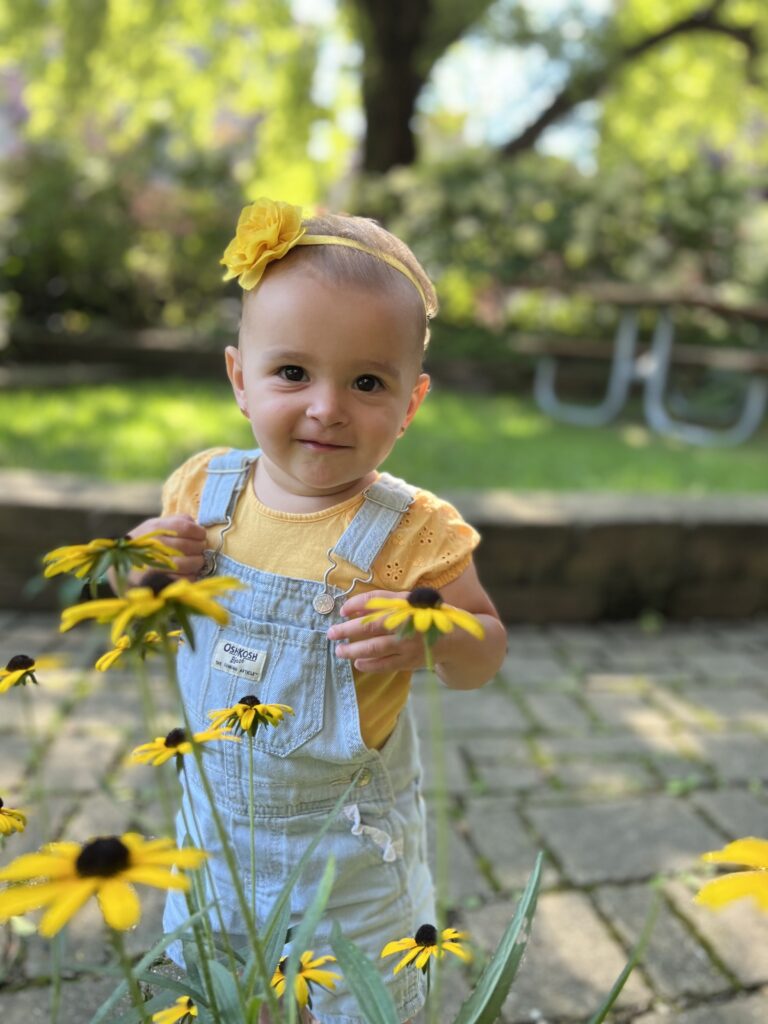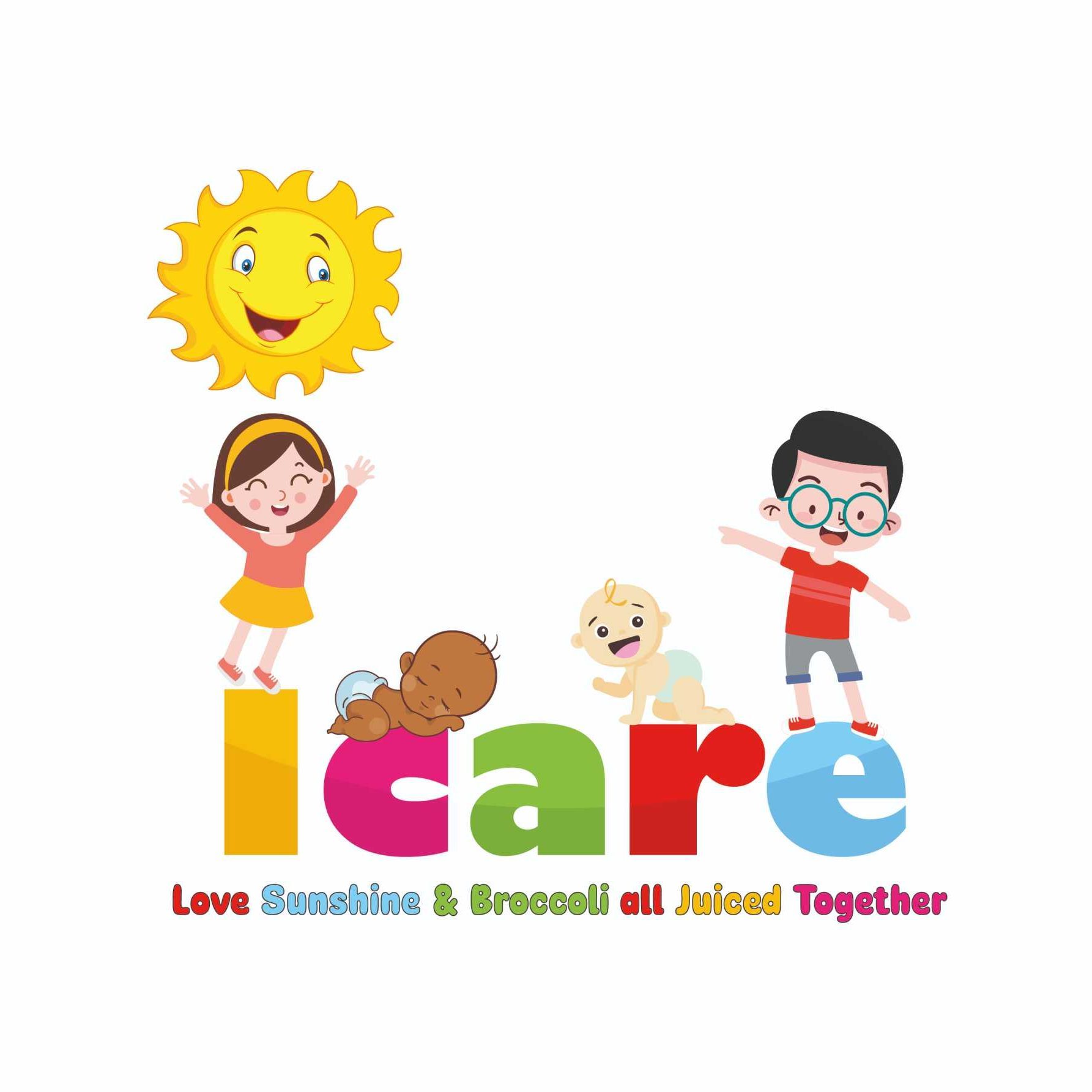About Us

Our Mission
We want your child to feel loved, cared in ready to explore environment where, by design, feels like their second home!
Our goals at Icare school are to nurture and guide each child’s development physically, socially, emotionally, and intellectually which will continue to evolve over a lifetime. This is done in an environment where learning unfolds through stimulating play, exploration, lots of hugs and curriculum.
Our mission is to create a foundation for a lifelong love of learning, encouraging curiosity, creativity, and positive relationships among the children and parents in our care.”
We would like to help children in their development to become long-life learners and responsible well-adjusted individuals. We trust that we may accomplish this through:
- Providing a warm, stable environment that ensures the basic needs of home – creative, positive play, good discipline, interacting with peers, closeness to nature, nutritious food, rest and a lot of individual attention that all will guarantee a sense of security and ensure good contact with daily life.
- Creating a partnership with parents and the community to continuously guide children’s learning.
- Maintaining a carefully prepared learning environment with full of educational materials.
- Creating awareness of each child’s unique development and personality, therefore we support children’s different ways of learning and communicating in an atmosphere that is full of respect and understanding.
- Believing in encouraging freedom to explore, choose, create and grow through constant dialogue between the teacher and the child.
- Encouraging children’s active hands-on learning – allow them time for thoughtful performance of a task.
- Personalized Attention :Home daycare often offers a smaller caregiver-to-child ratio, allowing for more individualized attention and care tailored to each child’s needs.
- Family-Like Environment :Children in home daycare settings benefit from a more intimate and familial atmosphere, fostering a sense of security and comfort.
- Consistency :Children experience a consistent and familiar environment, promoting a sense of stability crucial for their development.
- Mixed Age Groups :Interaction with children of different ages fosters a sense of community and provides opportunities for mentorship and social development.
- Closeness to Home :Being situated in a residential setting, home daycares are often conveniently located in or near residential areas, minimizing commuting time for parents.


We believe that at Icare we – day by day- cherish such virtues and qualities as self-discipline, self-motivation, critical thinking, creativity, confidence, respect, compassion and cooperation!
We are committed to providing a place where
you and your family come first!
HOW DID WE GET HERE?
Traveling through the Origins of Early Childhood Education
Plato(428-348B.C.)
“Plato recognized different stages of childhood and proposed that the curriculum school includes games, music, stories, and drama that would illustrate the values needed by all good citizens”.
Aristotle (384-322 B.C.)
“Valued the education of young children because he believed that good habits must be established early in life”.
John Amos Comenius-The Father of Early Education 91592-1670)
“He began to write about education, which he believed could be an important vehicle for improving society. He developed teaching methods that anticipated elements of modern early childhood education and produced some of the earliest materials for teaching young children”
John Locke- The Child is a Blank Slate
“He developed the theory, based on his medical knowledge, experience, and emerging philosophy of human understanding, that the child comes into the world with a mind like a blank slate (tabula rasa)”
Icare (2015)
“Icare is place where we provide nurturing, loving, and exploring environment while supporting the academic and social-emotional development of children in our care through an explorative, play-based curriculum. The curriculum is not established in advance but emerges from children’s intellectual curiosity and social interaction”

